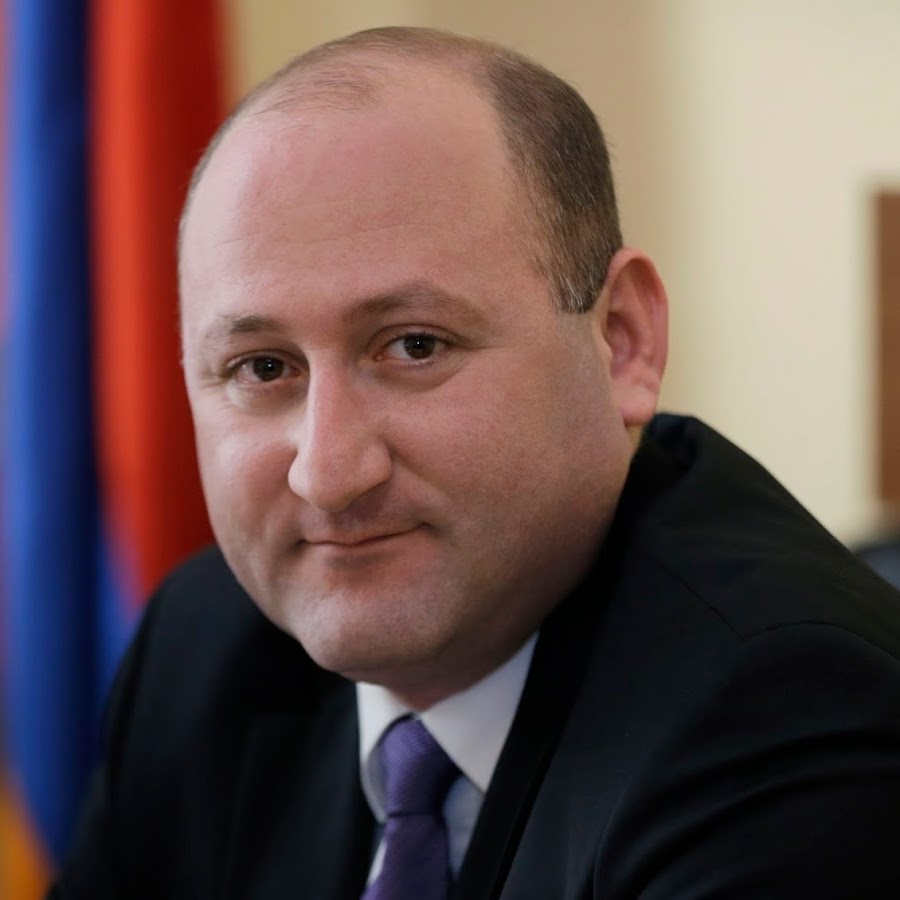The South Caucasus has historically lacked strategic importance for the United States, with no president since George H.W. Bush prioritizing it in national security strategies. However, the US recognizes the region’s significance due to its geography and the potential to diminish Russia’s influence. American political and analytical circles believe that resolving conflicts in the South Caucasus could reduce Russian dominance. The region’s proximity to Russia, a persistent rival, Iran, an unwavering adversary, and Turkey, a strategic ally, further enhances its importance to the US. Since Armenia gained independence, the US has aimed to facilitate conflict resolution in the Armenian-Turkish and Nagorno-Karabakh conflicts. When opportunities arose, American diplomacy actively engaged in these efforts.
Under Armenia’s first president, the Clinton administration found Armenian positions on the Karabakh conflict and relations with Turkey acceptable, leading to US diplomatic involvement. During Robert Kocharyan’s presidency, the US perceived a chance to resolve the Armenian-Azerbaijani conflict and invited the leaders of both countries to Key West and later Washington for negotiations. Under President Serzh Sargsyan, there was also strong US support, especially regarding Armenian-Turkish relations, a process known as “football diplomacy,” which received backing from the Obama administration and Secretary Hillary Clinton herself.
Under the Biden administration, US policy toward Armenia has remained active for several reasons. Firstly, Russian influence has weakened due to its involvement in the Ukraine crisis. Secondly, Armenia has shown a willingness to make unilateral concessions in normalizing relations with Turkey and Azerbaijan. However, the lack of high-level meetings between Biden and Armenian President Nikol Pashinyan suggests that key bilateral issues are not prioritized. This indicates that US interests in the region are more regional than bilateral.
The Trump and Biden administrations are the only US administrations which did not engage in direct contact with Armenia, as neither President Trump nor President Biden held meetings or phone calls with Prime Minister Pashinyan. The only notable conversation took place between Vice President-elect Mike Pence and President Serzh Sargsyan prior to the Armenian change in regime or “Velvet Revolution.” Pashinyan is the only Armenian leader who hasn’t had direct contact with a US President, although lower-level communications are intense. This indicates a lack of a high-level bilateral agenda.
Read also
What Is Next?
In 20 days, the US will hold elections, and the prospects for a second Trump or a Harris administration remain uncertain. Trump’s “America First” policies prioritized certain foreign relations while neglecting others, particularly the South Caucasus, leading to stagnant relations exemplified by his limited engagement with Armenia, mainly consisting of a few formal handshakes. The Trump administration notably did not intervene in any way during Azerbaijan’s attacks on Artsakh and Armenia amidst the 2020 presidential election.
The Biden administration also failed to take concrete steps to protect Artsakh Armenians from ethnic cleansing by Azerbaijan. While US-Armenian military drills appear to mark progress, military ties remain underdeveloped, as there have been no bilateral meetings between US Secretaries of Defense and their Armenian counterparts since the Obama administration. This suggests a lack of high-level agenda items to discuss.
Kamala Harris’s foreign policy may diverge from Biden’s, yet both are likely to align on global concerns such as countering Russia and China. There appear to be no plans for new elements in the US-Armenia agenda or for deeper engagement. After all, unlike Harris, Biden had significant foreign policy experience, a strong understanding of the South Caucasus conflicts, connections to the Armenian community, and worked closely with Armenian lobbyists, enabling his personal knowledge and involvement in Armenian issues.




















































